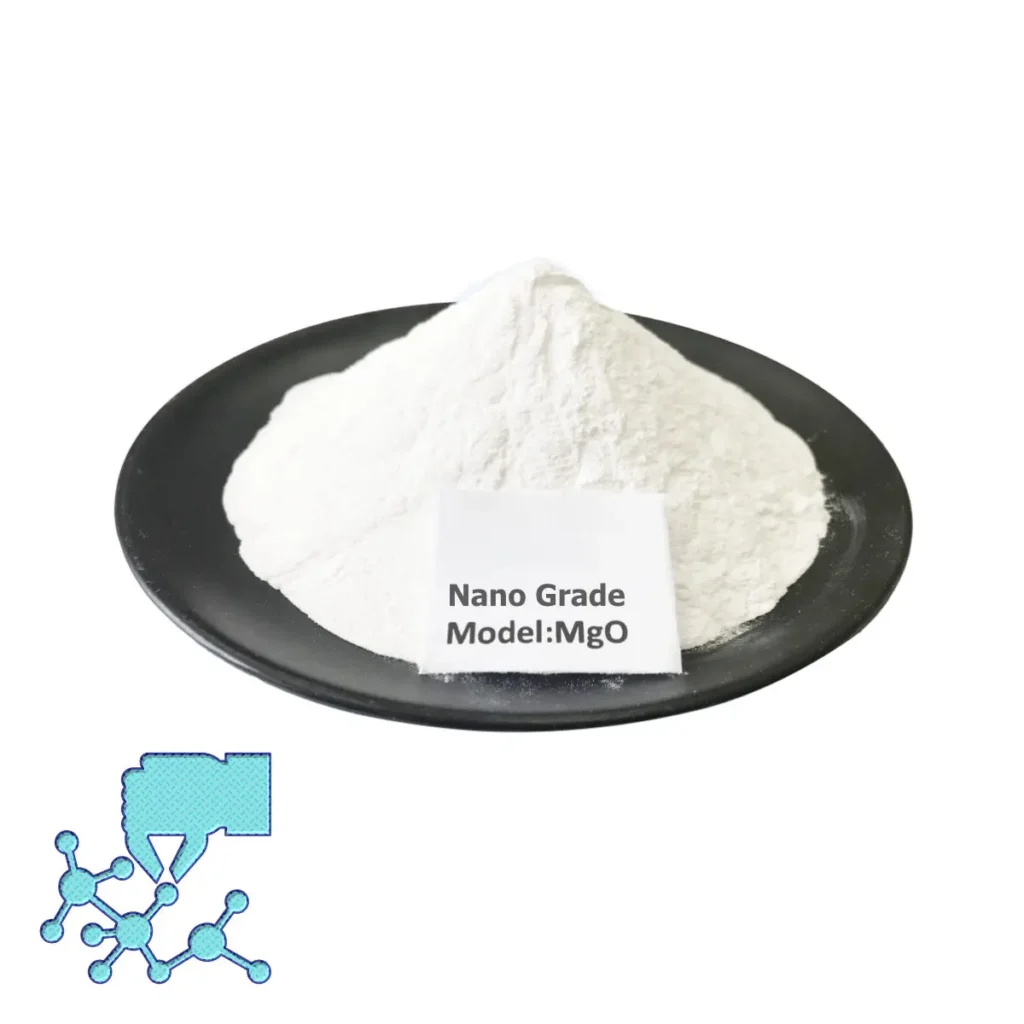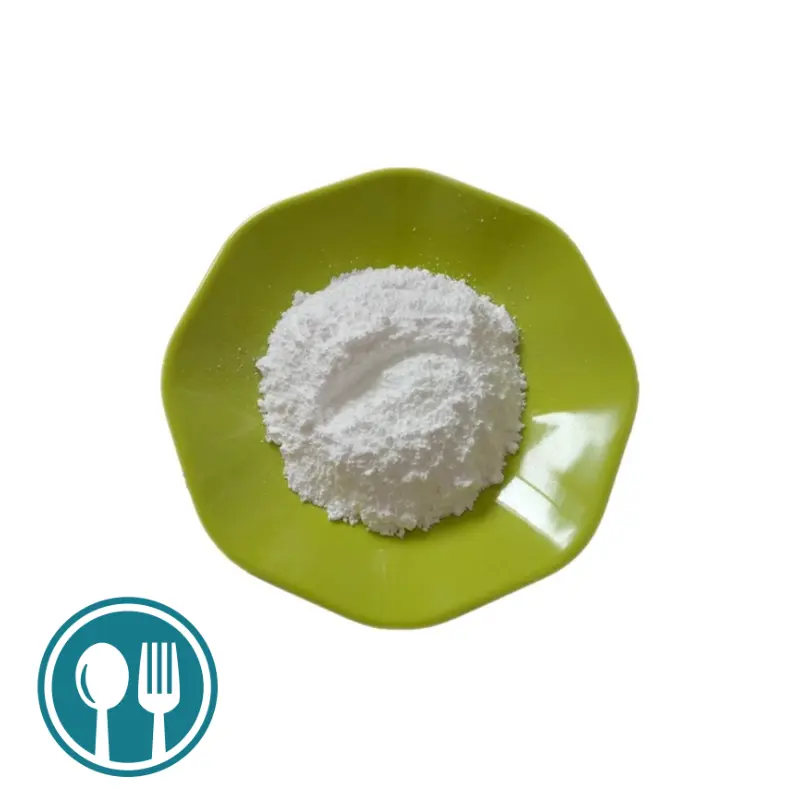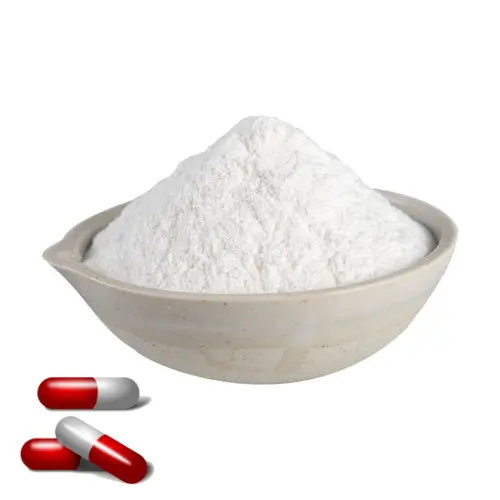Application of magnesium oxide as filter material
Magnesium oxide filtration characteristics:
High Surface Area: Magnesium oxide has a high surface area, allowing it to adsorb large amounts of impurities and contaminants.
Chemically Inert: Magnesium oxide is chemically inert, making it resistant to a wide range of acid and alkali solutions without degrading or releasing contaminants.
Thermal stability: Magnesium oxide has good thermal stability, allowing it to be used in high temperature environments.
Filtration Capacity: Magnesium oxide particles can capture impurities of different sizes, from coarse particles to fine particles.
Application fields of magnesium oxide:
Water Treatment: Magnesium oxide can be used in drinking water, wastewater and industrial water treatment to remove suspended solids, heavy metals and other pollutants.

Food and Beverage Industry: Magnesium oxide can be used to clarify juices, beers and other beverages to remove impurities and improve taste.
Chemical industry: Magnesium oxide is used to filter chemicals, catalysts and solvents to remove impurities and improve purity.
Pharmaceutical industry: Magnesium oxide can be used to filter antibiotics, vitamins and other drugs, remove impurities and ensure product quality.
Air Purification: Magnesium oxide can be used to remove dust, smoke and other pollutants from the air.
Types of magnesium oxide filter materials:
Magnesium oxide filter materials can be divided into the following types:
Powdered Magnesium Oxide: Powdered magnesium oxide is one of the most commonly used filter materials and can be added to liquids or gases by spreading or mixing.
Granular Magnesium Oxide: Granular Magnesium Oxide consists of magnesium oxide particles of varying sizes and can be used in packed filters or column filtration devices.
Fibrous magnesium oxide: Fibrous magnesium oxide is composed of elongated magnesium oxide fibers and can be used to create high efficiency filters.
Membrane Magnesium Oxide: Membrane Magnesium Oxide consists of thin layers of magnesium oxide and can be used for precision filtration.
Advantages and disadvantages of magnesium oxide filter material:
advantage:
High efficiency filtration capability
chemically inert
Thermal stability
relatively low cost
disadvantages:
May generate dust
Preprocessing may be required in some applications
Incompatible with some organic solvents
Overall, magnesium oxide is a versatile and effective filter material suitable for a variety of applications. Its unique properties make it ideal for many industrial and environmental applications.



